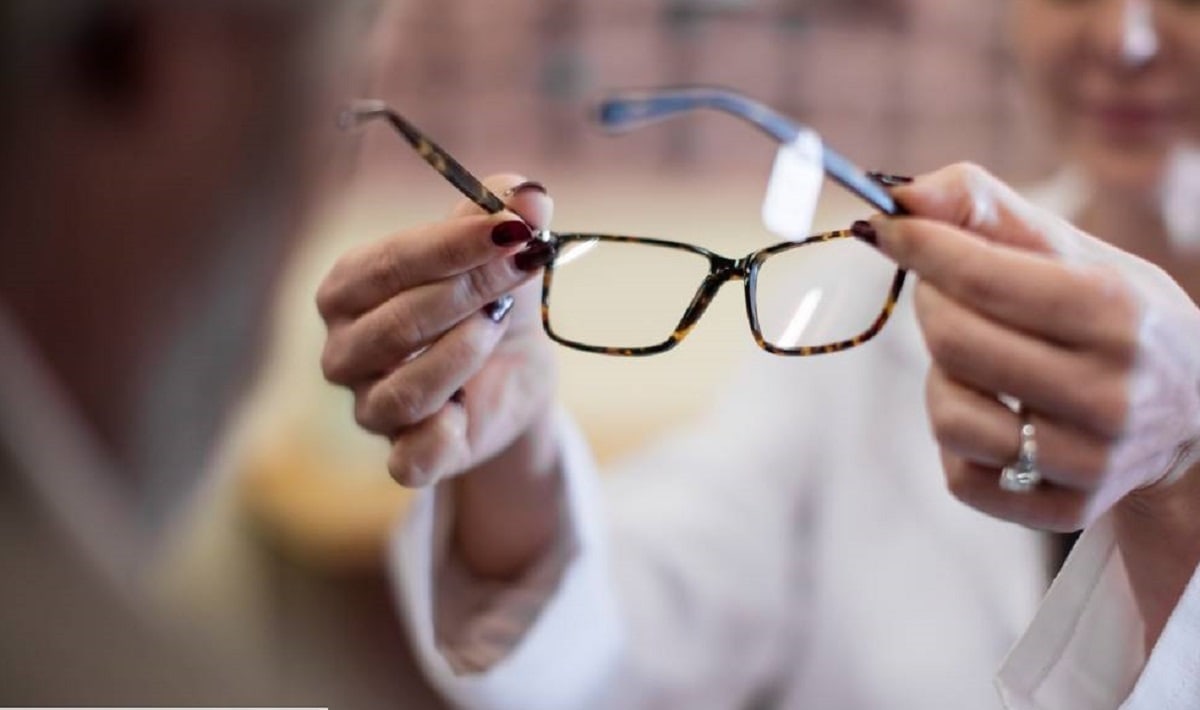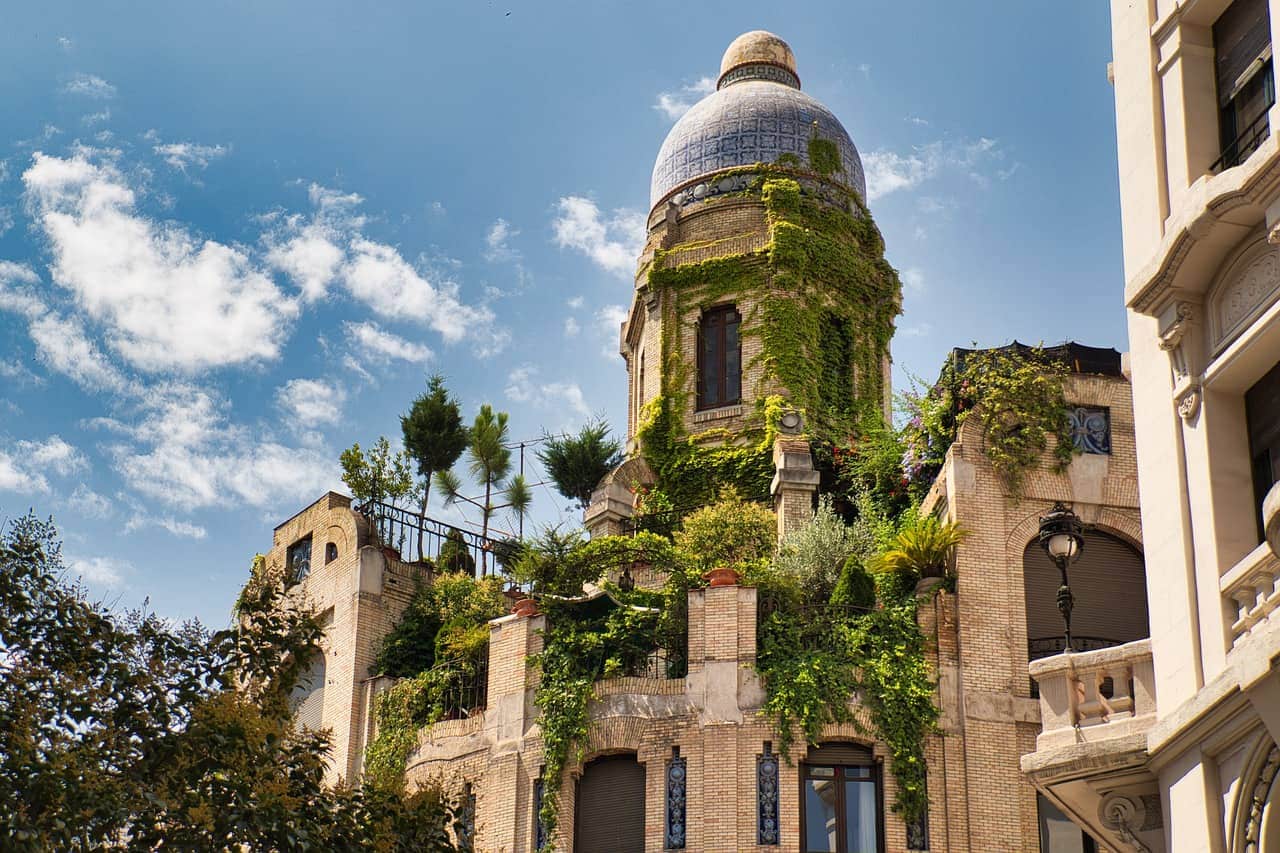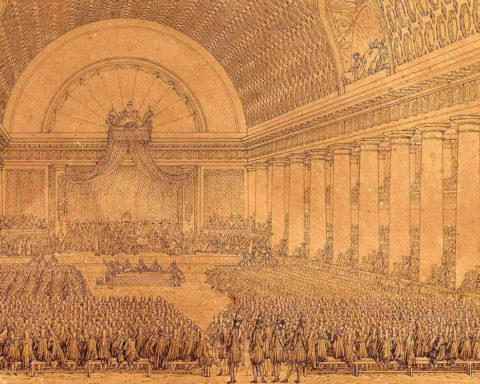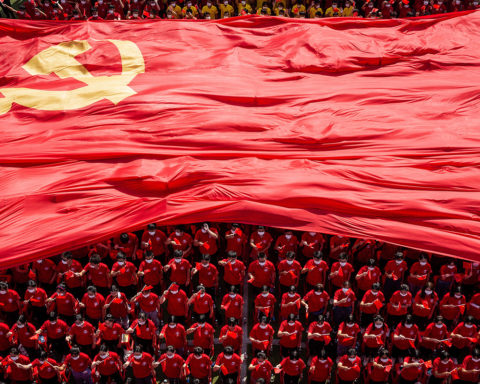Les mesures prises pour lutter contre la pandémie de Covid-19 bouleversent notre vie quotidienne. Beaucoup y voient l’opportunité d’initier des comportements plus durables, voire espèrent que cette expérience de sobriété imposée se transforme en une réelle prise de conscience en faveur de modes de vie plus vertueux pour l’environnement. Cet espoir doit cependant être relativisé : nos modes de vie sont déterminés par un ensemble de facteurs, dont beaucoup n’ont pas été effacés par les mesures sanitaires, ce qui explique d’ailleurs que certains aspects de ces mesures soient vécus comme une contrainte. L’impact de long terme de la crise sanitaire et socio-économique dépend ainsi de la manière dont elle va faire évoluer le cadre qui structure nos modes de vie. L’action publique a un rôle clé dans ce processus qu’il convient de réinterroger. Une analyse de Laura Brimont et Mathieu Saujot de l’Iddri.
Changer les modes de vie, c’est changer le cadre de référence
Un mode de vie peut être considéré comme un cadre de référence de la vie sociale, au sein duquel il existe une latitude de choix pour les individus, qui y déploient un style de vie particulier, en fonction de leurs habitudes, leurs valeurs, leur budget, etc. Le mode de vie est donc la résultante d’un ensemble de déterminants qui relèvent de l’individu (ses goûts ou ses contraintes budgétaires par exemple), mais aussi et surtout de son environnement économique, social et matériel (les normes sociales, la réglementation ou les infrastructures par exemple). Ces déterminants collectifs conditionnent très fortement nos comportements. Ainsi, les mesures barrières comme celles de ne pas se serrer la main ou ne pas faire la bise étaient difficiles à mettre en œuvre au début de la pandémie, puisqu’elles allaient à l’encontre de pratiques sociales bien établies. De même, appliquer les mesures de distanciation sociale ou de confinement était impossible pour les travailleurs sans un aménagement de leurs conditions de travail (adaptation des locaux, prescription du télétravail, etc.) et/ou la mise en place de mesures visant à compenser la perte de revenus liée à l’arrêt de l’activité.
Changer les modes de vie nécessite de faire évoluer l’architecture des déterminants des choix, et donc de changer l’environnement dans lequel évoluent les individus. Plus l’environnement est défavorable à l’adoption d’un comportement, plus la contrainte va être nécessaire pour faire adopter ce comportement, au prix d’un coût politique élevé. C’est bien en changeant progressivement les cadres que la contrainte sur les comportements sera moindre. Dans un registre de crise différent, le mouvement des Gilets jaunes a montré que dans un contexte où il n’existe pas d’alternatives réelles à la voiture pour se déplacer dans de nombreux territoires, augmenter le prix des carburants induit une forte contrainte budgétaire pour les ménages, difficile à justifier politiquement et peu efficace. La possibilité que la pandémie actuelle transforme de manière durable nos modes de vie doit donc s’envisager de manière prudente et dépendra de la manière dont elle va faire évoluer l’architecture de nos choix de vie : quel va être l’impact sur nos représentations collectives du bien commun et nos préférences collectives ? Sur notre capacité à choisir notre lieu de vie ? Quels secteurs économiques et donc quels emplois vont lui subsister ? Va-t-elle déclencher une frénésie de consommation après le confinement, dans le sens de l’effet rebond annoncé par certains ?
Quel rôle pour la puissance publique ?
Au nom de la protection sanitaire, le gouvernement a pris des mesures qui ont des impacts importants sur nos modes de vie (liberté de circulation, de consommation, de travailler). Cet élargissement du périmètre d’action de la puissance publique donne lieu à un débat sur la question du respect de la liberté individuelle et invite à la vigilance. Il interroge également sur ce qu’est une action publique légitime et acceptable : à quelles conditions peut-elle l’être, et selon quelles modalités ? Au nom de quelles valeurs, de quels impératifs ? Les mesures prises au nom de la crise sanitaire sont pour le moment relativement bien tolérées par la population, puisqu’elles sont temporaires.
Néanmoins, dans le cadre du changement climatique et de la transition écologique, les mesures à prendre et les transformations à mettre en œuvre, qui seront bien entendue de nature et d’ampleur différentes s’inscriront elles dans le temps long. Ne serait-il pas préférable d’en débattre aujourd’hui afin de les choisir démocratiquement plutôt que de se les voir imposer dans l’urgence des prochaines crises ?
Cette réflexion sur la place de la puissance publique doit prendre en compte l’ensemble des acteurs de la vie sociale. En effet, si la puissance publique est un acteur important dans la définition du cadre de nos modes de vie, elle n’est cependant pas le seul. Les modes de vie sont en effet mus par un ensemble d’acteurs hétéroclite (entreprises, médias – sociaux ou non –, mouvements citoyens, artistes, acteurs financiers, etc.), dont la puissance publique n’est qu’un des protagonistes. À moyen terme, le principal enjeu pour la puissance publique va être d’organiser le débat entre ces différents acteurs pour construire la transition vers des modes de vie durable. Et si nous avons généralement du mal à débattre de ce sujet rapidement conflictuel et clivant, la crise nous offre peut-être une opportunité de le faire plus sereinement.
Le débat démocratique avec les citoyens est également nécessaire. D’une part, parce que la définition d’un mode de vie durable relève d’un choix politique, fait d’arbitrages entre différentes aspirations sociétales. Il n’existe en effet pas un mode de vie durable, mais des modes de vie durables, suivant que l’on privilégie telle ou telle dimension de la durabilité. Certaines de ces dimensions font apparaître des incompatibilités et demandent des arbitrages en termes de priorités (par exemple, la recommandation nutritionnelle d’augmenter la consommation de poisson est en contradiction avec l’objectif environnemental de préserver les stocks halieutiques), ainsi que des compromis entre différents objectifs (par exemple entre celui d’une meilleure rétribution des agriculteurs et celui d’une maîtrise de la hausse du budget alimentaire des ménages). D’autre part, au-delà d’une vision moyenne, il existe en fait une diversité de modes de vie réels, en fonction des préférences individuelles et des contraintes spécifiques. La transition vers des modes de vie plus durables peut donc avoir des significations très différentes suivant la situation de chacun. Ces réflexions ne peuvent être menées au seul niveau individuel (changer ma consommation, mon mode de vie) : comme nous l’écrivions dans un précédent billet de blog, réinventer notre consommation dans le sens d’une plus grande durabilité et prospérité nécessite un nouveau pacte, intégrant notamment changement de mode de vie, renouveau démocratique et réflexion sur la qualité des emplois créés par nos économies. Cette réflexion, initiée par des penseurs comme Tim Jackson au cœur de la crise de 2009, est plus que jamais d’actualité, et les travaux de la Convention citoyenne pour le climat sont une excellente illustration d’une manière de la mener.
Laura Brimont, Coordinatrice Modes de vie en transition Iddri
et Mathieu Saujot, Chercheur sénior Modes de vie en transition Iddri
Pour aller plus loin :
- 24/04/2020 de 14h30 à 16h Crise du Covid-19 et Pacte Vert européen – En anglais sans traduction
Quel est l’impact de la crise du Covid-19 sur l’économie européenne, sur l’agenda du Pacte vert européen et sur l’ambition climatique du continent ? Quel rôle de l’UE et des États membres pour combiner politiques de transition écologique et relance de l’économie européenne ? Comment faire du Pacte vert un élément clé de la reconstruction des économies européennes ? Avec : Matthias Buck, directeur, Politique énergétique européenne, Agora Energiewende (Berlin), Lara Lazaro, analyste senior, Real Instituto Elcano (Madrid), et Xavier Timbeau, directeur principal, Observatoire français des conjonctures économiques (OFCE, Paris). Modéré par Sébastien Treyer, directeur de l’Iddri. S’inscrire sur Zoom
Si vous ne pouvez pas accéder à Zoom, cet événement sera également disponible en livestream sur la page de l’événement et sur YouTube. - 30/04/2020 Quel agenda post Covid-19 pour le climat et la biodiversité ? Un événement avec un panel de haut niveau, co-organisé avec l’Ambassade du Canada en France.












